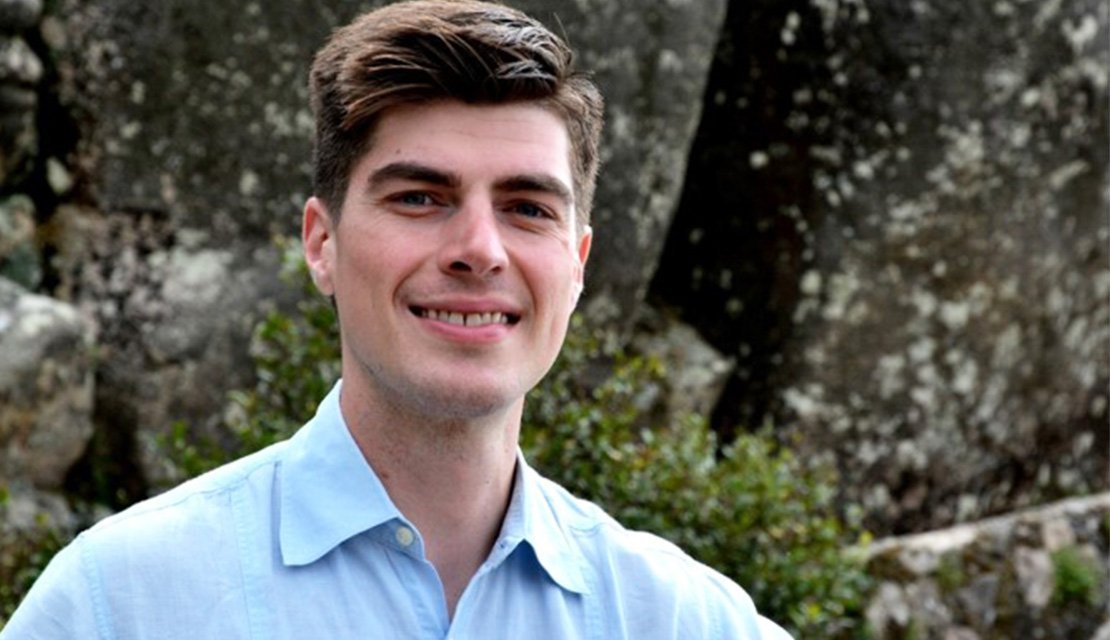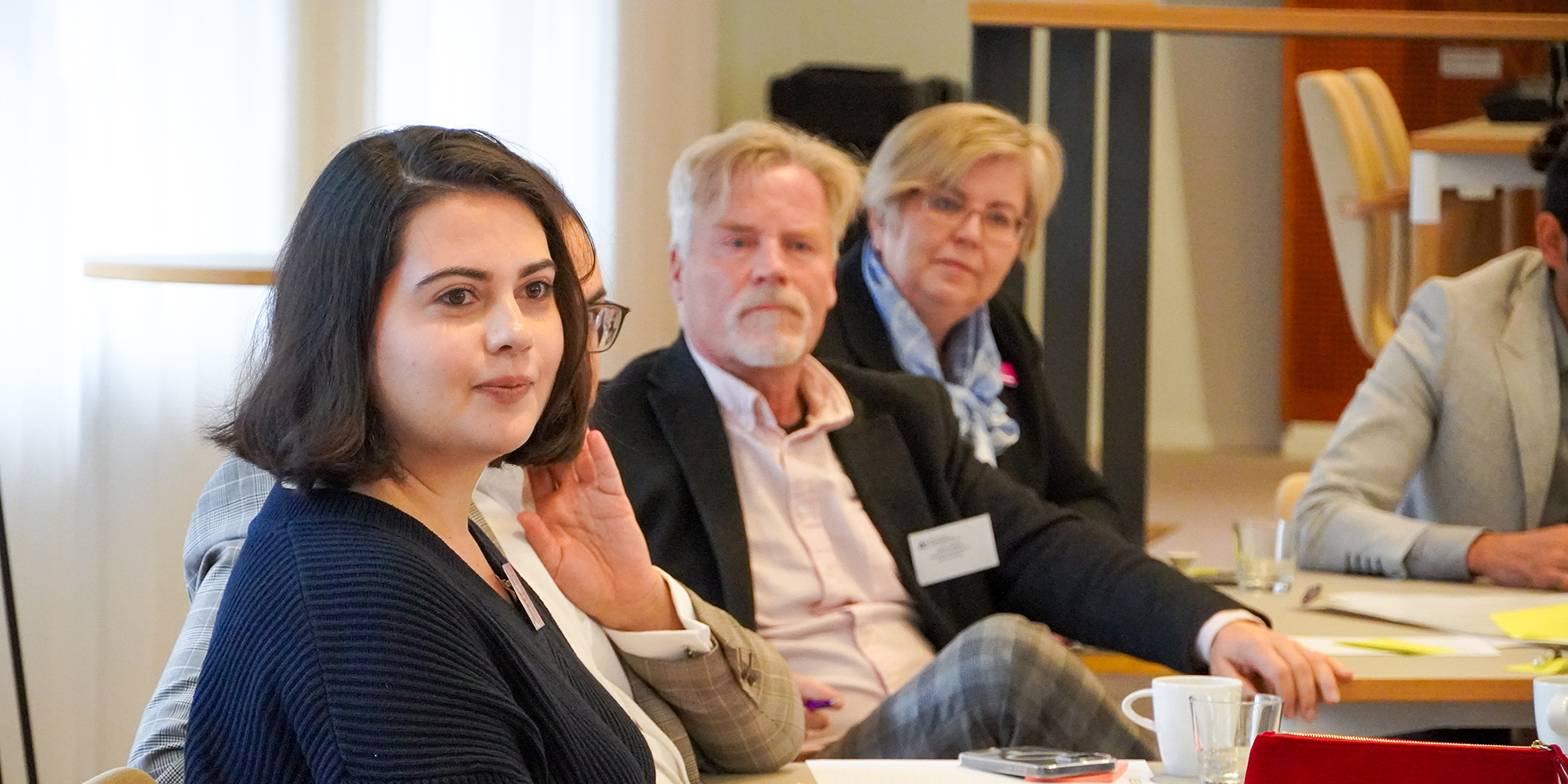Having a strong sense of purpose and meaning is one of the most important factors affecting wellbeing and performance at work. This applies to both executives and employees – and in particular to the millennial generation who look for meaning and fulfillment from their jobs.
Studies show that people with a sense of purpose are more likely to be engaged, resulting in higher performance, productivity, and overall job satisfaction. In times of crisis, however, it’s natural to lose that purpose and feel that your job is insignificant or even pointless.
Nonetheless, the opposite may also be true, says Derin Kent, assistant professor of organization studies at Warwick Business School, United Kingdom, and a visiting researcher in organization and management at the Aalto University School of Business, Finland.
Find a way to connect your work to the crisis
According to Kent, crises have a dual aspect.
People can be very creative and discover new ways in which their work connects to the crisis."
“On one hand, they can create a great sense of meaninglessness. At the beginning of the coronavirus outbreak or after the September 11 attacks, for example, people who had been perfectly satisfied in investment banking or consulting or even academia suddenly started to question the value of their work compared to other positions which had their worth elevated by their connection to the crisis, like medical workers and scientists in the case of the outbreak, or firefighters after 9/11.”
On the other hand, Kent’s research shows that there are also people who can find a new purpose in their work in crisis situations. “People can be very creative and discover new ways in which their work connects to the crisis,” Kent says.
During the coronavirus crisis, for example, people with financial skills have been able to assist people who have lost their jobs to save money, and people with IT skills have helped schools so that classes can continue virtually.
Sometimes it’s better to act before you think
Kent has identified three ways in which you can find a new sense of purpose in your work: taking action, thinking strategically about where your skills can contribute, and using mental time travel.
The first is simply to take action. While it’s common advice to urge people to think before they act, in a crisis situation it may not work.
What you can do in crisis is start taking small actions. Look for opportunities to help."
“In a large crisis, there is so much going on that if you just sit and read the news and try to make up your mind that way, you’re bound to feel overwhelmed and stressed out. What you can do instead is start taking small actions. Look for opportunities to help.”
Kent suggests that managers can, for example, call someone up and see what they need – an employee who might be affected, a customer, a non-profit your company may be partnering with.
“This turns the crisis into a smaller, more manageable problem that you can start solving. Over time, you may discover what your skills or your organization’s capabilities can do for the crisis, in a way that’s easier than trying to dream up the perfect solution,” Kent says.
The second option is to think more strategically where your skills can contribute. This can be based on your personal values or problems you see in the society. You can look for problems that have to be solved and see what skills you need that can solve them. Or you can flip that around and make a list of the skills you have and where they could be useful.
“This is a way to find a role for yourself that can be quite unique,” Kent says.
How about trying mental time travel?
The third idea Kent introduces is mental time travel. Even a situation that looks very bleak, such as losing your job during the coronavirus crisis, can provide an opportunity to think about the past and the future and what you can do to change things.
“Many of us have unanswered callings, something that we have always wanted to do but have put on hold. A crisis gives us an opportunity to reflect on those choices and re-explore them,” Kent says.
Instead of the past, you can also look into the future. Visualizing the future is easier if you picture it as already completed.
A crisis gives us an opportunity to reflect on those choices and re-explore our unanswered callings."
“Don’t ask yourself what you want to do in ten years’ time, but try to write down on paper a concrete vision instead: in ten years’ time I will have become an excellent musician or made this company a leader in the industry.”
This so-called future-perfect thinking forces you to think about all the steps you need to take in order to make your vision a reality.
“It also makes the things you do today much more meaningful because you see how even the small actions that may feel inconsequential are building towards a larger whole in the future.”
Values and commitments give you a sense of direction
For a leader to create and convey a sense of purpose in their organization, they first have to discover their personal values and commitments to guide them through the crisis, Kent emphasizes.
“Crises are naturally ambiguous situations. Leaders can get overwhelmed with information that can be interpreted in two or more ways. Simply collecting more facts can’t tell leaders which interpretation is the right one, or what action to take.”
This is why the leader’s personal values and commitments are important.
“When you commit to something like protecting your company’s employees during the crisis, it gives you a frame. It focuses your attention on the details that are important to your goal, and the things you can change. This sense of direction turns an ambiguous situation into a solid interpretation you can act on, and one you can communicate to others like employees or shareholders as well."
The pitfall is that leaders often have conflicting values.
“You want to save the organization but don’t want to do layoffs during the pandemic lockdowns, for example. Or determining when to return employees to the office, or when to reopen for clients, may create dilemmas pitting safety against the organization’s mission. These are tough decisions without an obvious right or wrong,” Kent continues.
In these kinds of situations, the leader has to reflect on which of those values is the most important to themselves and the organization, and prioritize accordingly.
A strong vision is linked to everyday tasks
Besides identifying their personal values, the leader must also create a strong vision in order to arouse a sense of purpose and meaning in their organization. But how specific should a vision be for it to be strong enough? Finding the golden mean is, once again, important.
If the vision is too specific, it may also be inflexible and difficult to adapt should the company need to change its strategy at some point. It may also exclude those employees who don’t believe in it wholeheartedly.
On the other hand, a vision that’s too broad may fail to capture the employees’ imagination or set a direction.
A well-known success case relates to the story of the janitor at NASA who was asked what he was doing and he answered that he was helping send someone to the Moon."
“There seems to be some level of optimal specificity. The idea is not to have the clearest vision but a vision that most employees can relate to. Metaphors, images, and stories are good tools because they help employees create their own image of the vision.”
Kent also recommends linking the vision to everyday tasks.
“This is a challenge because visions are supposed to be quite broad or overarching, but the broader a vision is, the more difficult it is to see how your day-to-day behavior impacts that vision. A well-known success case relates to the story of the janitor at NASA who was asked what he was doing and he answered that he was helping send someone to the Moon.”
Derin Kent is Assistant Professor of Organization Studies at Warwick Business School and Visiting Researcher in Organization and Management at Aalto University School of Business. His research examines group and organizational processes in extreme contexts. At Aalto EE, he teaches e.g. in the Aalto CEO Circle and Executive HR programs.





















